
10 Caring Ways To Be a Responsible Pet Owner
We recommend helpful products in our articles. Read our full disclosure here. The content on this website is not intended to be a substitute for professional advice, diagnosis, or treatment.
“How to be a responsible pet owner?”
Pets are not related to us by blood, but we cherish them no less than our children.
Pet parenting brings its own set of challenges, but the right approach will make the happiest pet and parent on the block.
Effective, proper pet care includes regular activities to ensure pets stay healthy and happy.
Every pet parent wishes to do everything possible.
They are even willing to go the extra mile to care for their baby effectively.
Here are ten responsible pet owner rules & pet care tips to ensure healthy, happy cats and dogs year after year.
Regular veterinarian visits
The first step in responsible pet parenting is visiting the vet regularly.
Given the fact that the lifespan of any pet is generally shorter than the average human, your cat or dog should go through a health checkup annually or, even better, bi-annually.
Based on the little pups’ vaccination schedule, vet visits might be more frequent when pets are young, but keeping up the veterinarian punctually helps achieve and maintain good pet health as they age.
With most typical pets, trips to the vet can become a challenge, making it difficult to keep up.
Cats, for example, are specifically reluctant to leave the comfortable confines of the home, but there are solutions to reduce stress around this effectively.
Helping the kitten get accustomed to and comfortable in her carrier is a good practice to avoid the ‘run and hide’ scenario when she’s a more mature cat.
On the other hand, dogs generally enjoy the outdoors and car rides.
If joyrides are frequent, your pup will not associate traveling in a car with going to their vet.
Many pets are also relaxed about a trip to the vet’s office, especially if the chosen vet is a good fit for your little buddy.
Vaccinations
Vaccinating pets is one of the most important tasks of a responsible pet owner.
Upon welcoming a new pet to the family, scheduling a vet appointment for their immunization is wise.
During the kitten or pup’s first appointment with the vet, you will receive an immunization schedule to protect them from diseases and illnesses.
A puppy should be vaccinated within their first few weeks with you.
Talk to the vet during the first visit about a good time to schedule the immunization visit.
Vaccines help in preventing serious diseases, including rabies, distemper, and Lyme disease in dogs.
Cat vaccines include immunization against feline leukemia, herpes virus, and rabies.
Another significant point to note is that when adopting a mature or senior animal, ensure their immunization too.
Vaccinations are not just for younger pets but also for the elderly ones and need timely renewal.
Make sure that you don’t miss out on any.
Proper identification makes them easy to find
Playful youngsters are often prone to dash out the door; in case of such an incredible event, proper identification tools will help them safely reach home again.
Responsible pet owner makes sure their pets are easily identifiable.
Start with a safety collar and tag that has details of the contact information about the pet’s home.
Since this collar will always have a chance of falling off, microchipping the pet is advisable.
This is an electronic device roughly the shape and size of a rice grain.
It is implanted under the skin and is readable by a scanner, pulling up pre-fed identification information.
Every responsible pet owner needs to keep their contact information up to date on the microchip file, including changes in phone numbers and addresses.
Combining both tools of identification tags and microchips ensures a happy ending for you and your beloved pet reuniting.
Neutering/spaying
Sterilizing pets can keep several health issues kept at bay.
It not only prevents complicated pregnancies but also reduces instances of homelessness.
Getting your puppy neutered will help with alleviated aggression and neighborhood roaming, also at the same time protecting him from the risk of getting testicular cancer.
Spaying a kitty involves the medical removal of the uterus and ovaries.
Spaying effectively eliminates the risk of ovarian and cervical cancers in cats; it also reduces the chances of her “going into heat.” Minimizing the events of the kitty straying away from home on the lookout for a partner and nearby male cats will also be less aggressive (preventing them from spraying on furniture to mark territory).
Since neutering and spaying are surgical procedures requiring general anesthesia, they will likely need to stay at the vet’s office overnight or for a couple of nights for healing and to be kept under observation.
Healthy food habits
Two interconnected duties of a responsible pet owner are providing them with healthy food and fresh and cool water at all times.
Offering the right pet food to your buddy will enrich their lives and provide them with much-needed nutrients and energy.
Given the wide variety of available meal options, it can seem a daunting task at first.
Still, once you understand which ingredients are essential and how they help your kitty or pup, you can quickly become adept.
Good cat food offers a balance of carbohydrates, proteins, and fats.
These ingredients, combined with plenty of fiber, are also an excellent choice for a dog’s digestive system.
Along with keeping an eye on the elements, it is wise to remember that the chosen pet food formula must be appropriate for the pet’s age, activity level, and health conditions if any.
It is also essential to consult the pet’s vet when switching to specialized foods.
The vet will give you a clear set of instructions as to what you need to include and which food items to avoid.
Make sure that you follow the instructions at all times.
At-home care
A responsible pet owner should also strive to keep pet healthy and prioritize good hygiene habits at home and at the groomer’s and the vet’s offices.
Combining their furry costs, brushing their teeth, and providing them with healthy and nutritious food will help keep your beloved pet in top shape.
To stay on track with pet hygiene and care, schedule grooming tasks from time to time.
It is also a good idea to combine functions like trimming the nails to be followed by a comforting comb until it becomes routine.
Cozy and comfortable quarters
With changing seasons, it’s time to rearrange living spaces; the same applies to pet spaces.
When the dog bed begins to look a little flat and floppy, it indicates that it’s time to buy him a new one.
As a responsible pet owner, look out for potential safety hazards around the house, like exposed wires or cords ( these make for an excellent chew toy for young animals).
Repair open windows and screens, secure safety gates, and remove all plants that might be poisonous to the pet.
Training and socializing
Responsible care also includes ensuring that the cat or dog is well-trained.
Toilet training is a primary priority of any caretaker who shares their home with pets.
Proper socializing is also a component of good training.
It is best to start when they’re young, but there is always time to learn new tips and tricks.
Learning social skills helps them bond well not only with owners but also make fellow friends.
Local animal shelters and the vet are good people to suggest good trainers in the locality or at-home training guidance.
A well-trained pet is a happy pet; that is all a pet parent needs to be satisfied.
Abiding with dog park rules
Training done on weeks or to play is a beautiful way to have a good time, and dogs, being social creatures, love an excellent frisk and frolic outside.
However, the responsible pet owner has to teach their pet what things are allowed and disallowed.
Whenever taking the pup to a park, it is essential to follow all dog park rules.
Good dog park mannerisms, such as carrying food and personal toys, benefit everyone, especially if a dog is a little aggressive or under-socialized.
Reward them with treats later for good behavior.
Experts also recommend waiting for at least the pup for months or older before taking him to a dog park to ensure complete vaccination before being exposed to other animals outside.
Related: Is Your Puppy Eating Sticks?
Safe playtime in an enriching environment
It is a known fact that both cats and dogs love playing with humans, and it is no secret that practice is a practical activity for building solid parent-child relationships.
Be mindful of the pet’s toys, sick up well and discard and throw away worn-out play things from time to time.
It is always better to be safe than sorry, and be careful with sharp, rigid, or pointed furniture edges that might cause injury; stuffed toys are also a potential choking hazard.
DIY handmade dog and cat toys are also a great way to add inexpensive fun to playtime.
A responsible pet owner can nurture a healthy pet. Everyday activities of regular pet parenting will go a long way, but your little buddy will reap the benefits of proper and responsible care for all their life.
Stay alert regarding your pet’s health and habits to remain in the best shape.
"We love to research problems, examine studies, analyze solutions, and share with you ideas that make life healthier. You can learn about us and our editorial standards here. Have suggestions or feedback to share? Send us a message!."

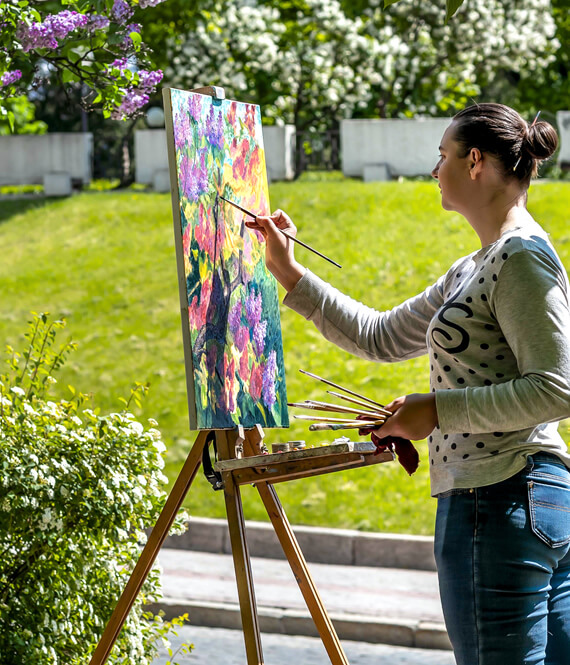
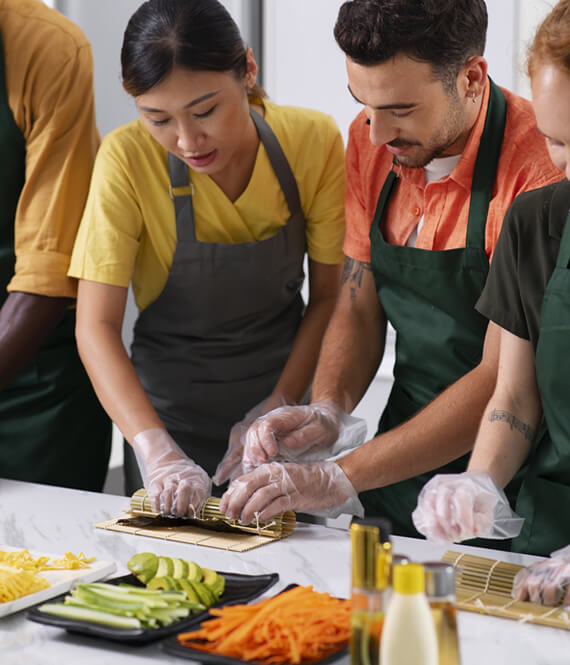

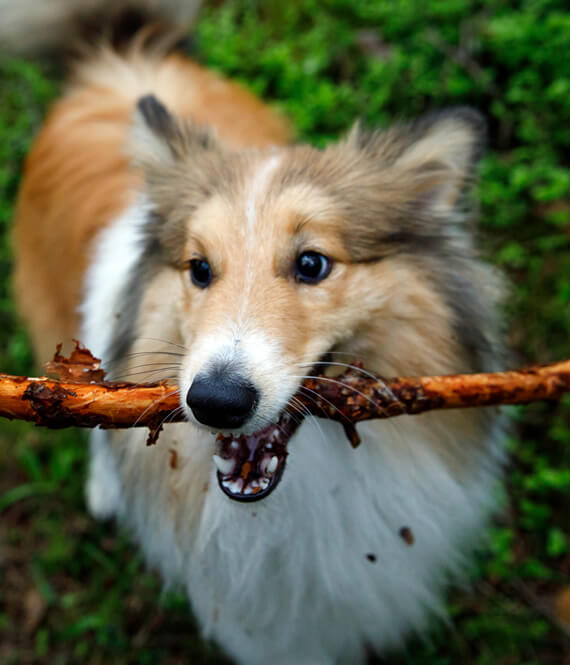



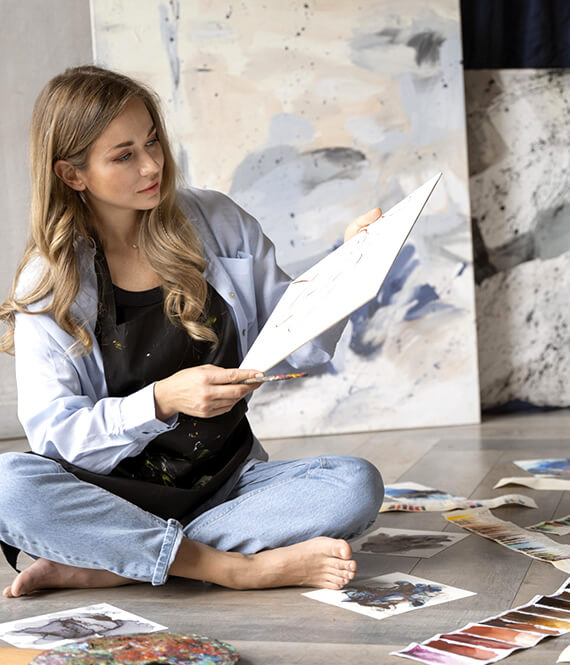

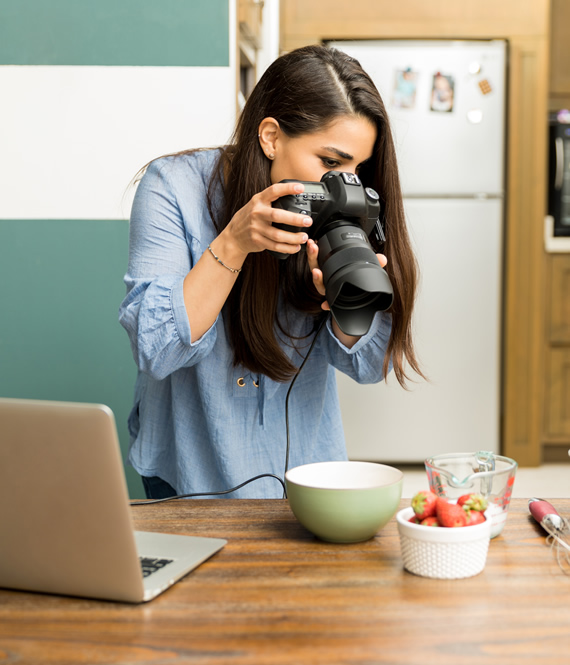
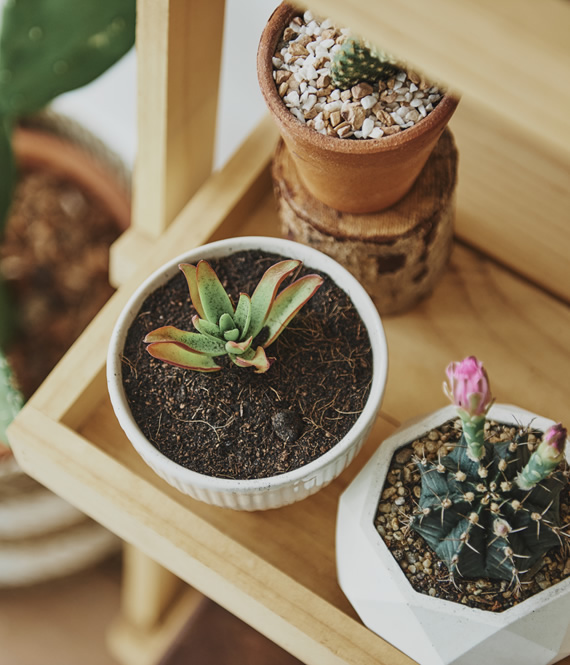

Leave a Comment